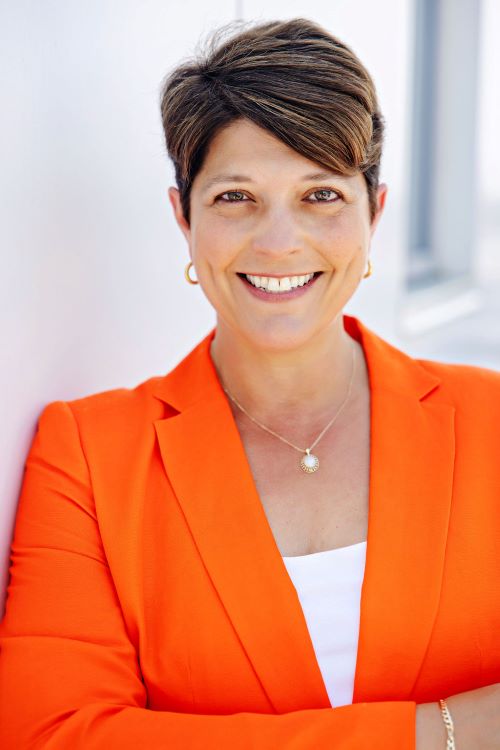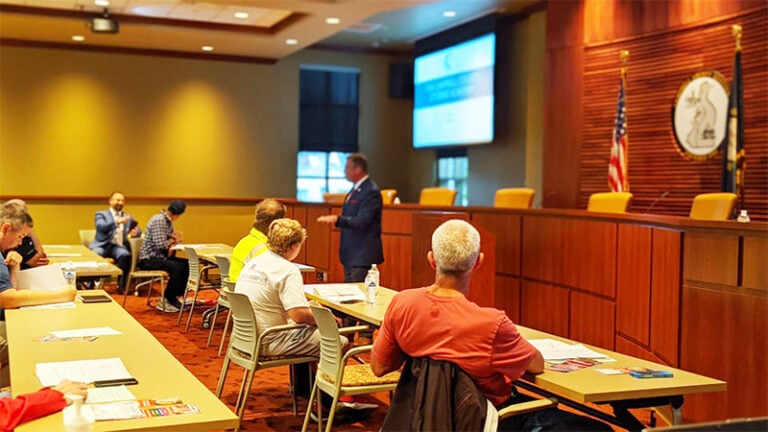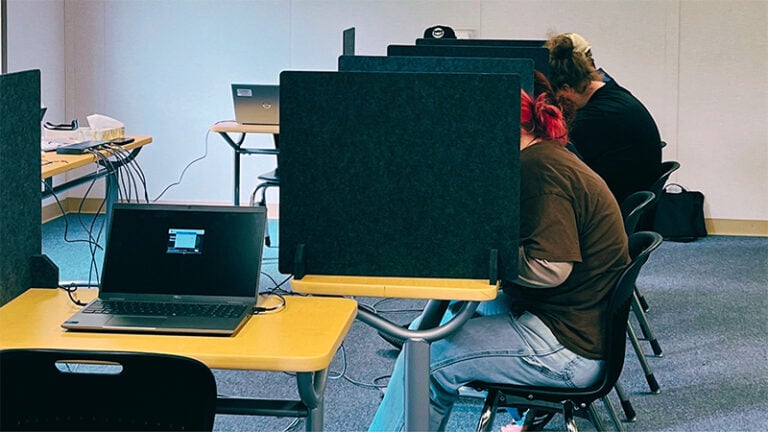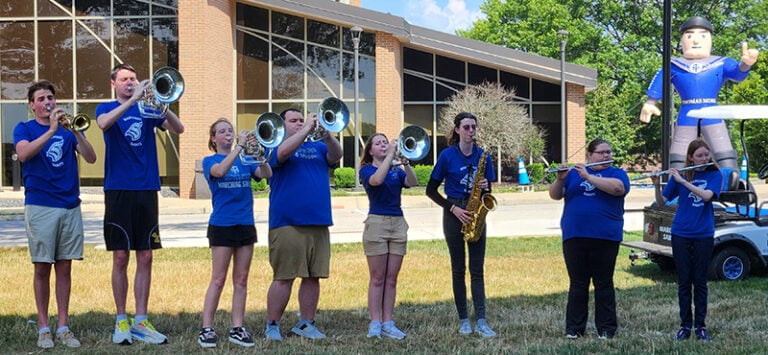By McKenna Horsley
Kentucky Lantern
Kentucky’s next Supreme Court is shaping up to be a historic one for women.
With the election of Kentucky’s first Black female justice, Pamela Goodwine, women will hold four of the court’s seven seats. Additionally, the court will be led by the first female chief justice, Deputy Chief Justice Debra Lambert, starting in January.
As of earlier this year, 17 states have female majorities on their supreme court benches, according to a report from the Brennan Center for Justice. Alaska was also poised to gain a female majority after seven women sought a seat on its Supreme Court this summer.

Goodwine’s election also makes her the first woman in history who will serve at every level of Kentucky’s judiciary branch: district court, circuit court, appeals court and the Supreme Court.
She said in a statement to the Kentucky Lantern that the milestone “reminds me of the women who came before me, paving the way through hard work, determination and resilience, often overcoming significant obstacles to reach their goals.”
“Their struggles paved the way for our successes today, and it is our duty to continue their legacy and to forge a path for others as well.”
“Throughout my life, education and career, I have faced what many described as insurmountable challenges, but I don’t give up on my dreams when things get hard. I simply work harder to make my dreams come true.”

Women currently serving on the Supreme Court, in addition to Lambert, include:
• Angela McCormick Bisig from the 4th District in Jefferson County, who served as an attorney for 13 years and was a prosecutor for seven in the area of domestic violence and sexual assaults. She was a circuit court judge and a juvenile court judge. She is actively involved in the Louisville community and was named Judge of the Year twice by the Louisville Bar Association. She is in her first term on the court, having been elected in 2022.
• Michelle Keller from the 6th District. Keller is from Northern Kentucky and has been elected to two full terms on the court. A graduate of Chase College of Law, she practiced law for 17 years and got her law degree while working as a licensed registered nurse in critical care. She has received numerous recognitions, including the Distinguished Judge Award from the KBA and multiple awards for her pro bono service. She remains active in community affairs in NKY.
Women outnumber men in law schools
Two previous female justices — Sara Walter Combs and retired Janet Stumbo — both say the new majority of women on the high court is a reflection of the increase in women in the legal profession.
In 2016, women for the first time made up the majority of students in the nation’s law schools, according to the American Bar Association, which says the change came slowly. In 1963, only 4% of first-year law students were female, rising to 20% in 1973, 39% in 1983 and 44% by 1993.
In Kentucky last year women made up the majority of law students at the University of Louisville (53%) and Northern Kentucky University (55%). Female and male enrollment were about even at the University of Kentucky in 2023-24 with 203 women and 206 men enrolled in the law school.
Combs was the first woman to serve on Kentucky’s Supreme Court after being appointed by Gov. Brereton Jones in 1993. She now serves on the Kentucky Court of Appeals. When she began taking law classes at night at the University of Louisville, she said she was one of very few women in her law class.
“When I started my work career, I was a teacher, and the one thing that women could do, predominantly in that period of our history, was to teach or to be a nurse,” Combs said. “Well, they’re still wonderful professions; it’s just a matter that now there are more options for women beyond those two choices, and I think the more options we have, the better, because we all have different talents.”

While she was reluctant to “to tie gender and competency to one another,” Combs applauded the women on the Kentucky Supreme Court.
“They have good legal minds, they have a great work ethic, they’re collegial, they’re everything that a good judge should be. They just happen to be women,” Combs said. “I’m delighted that they haven’t been held back because of that fact, but I would prefer to emphasize the fact of their competence rather than their gender.”
When asked if the majority of women could be a sign of increasing diversity on the bench in the future, Combs said a diverse pool of judges is needed to review cases.
“I hope it does, because our social problems are very diverse in nature and origin, and I think their solution will require some diversity of approach to how we solve these problems,” she said.
Change takes time
Stumbo, who was the first woman elected to the Kentucky Supreme Court in 1993 and retired from the Court of Appeals in 2017, said that diversity on the bench — in terms of race and gender — is a change that happens over time. Kentucky judicial candidates are required to be a licensed attorney for some time before seeking election. A district judge requires two years while the Supreme Court requires eight years.

“The composition of the bar has changed greatly,” Stumbo said. “The number of women who are lawyers, the number of minorities who are lawyers, has increased dramatically, and that’s the way we’ll see more diversity on the bench.”
Stumbo said that the majority of female justices shows that the electorate in Kentucky is also more accepting of women being in these high-ranking roles.
“There’s definitely more work to be done, but women are succeeding and succeeding in ways that are getting them recognized as fine litigators and tenacious litigators and people that you’re proud to have representing you,” Stumbo said.
Women would have won a majority of Kentucky Supreme Court seats no matter how the Nov. 5 election turned out. Goodwine’s opponent also was a woman, Lexington attorney Erin Izzo.
Goodwine echoed those sentiments. She said that each justice on the court “carries unique perspectives and experiences” and that it’s imperative that younger generations see themselves reflected in the highest levels of the judiciary. She said that many have “expressed gratitude to me for being a trailblazer helping to forge a path for others to follow in my footsteps in their chosen profession, and that increases my drive and dedication to ensure that our justice system reflects our community.”
“This new chapter for our court affirms the progress we have made and also challenges us to move forward with purpose and conviction,” Goodwine said. “We honor the legacy of our forerunners by continuing to uphold the principles of fairness, justice and equality for all. It is a responsibility I take to heart, and I look forward to working with my esteemed colleagues to protect the rights and uphold the dignity of everyone in our state ensuring that the Kentucky Supreme Court is a beacon of justice for all.”
The NKyTribune contributed to this report.

















